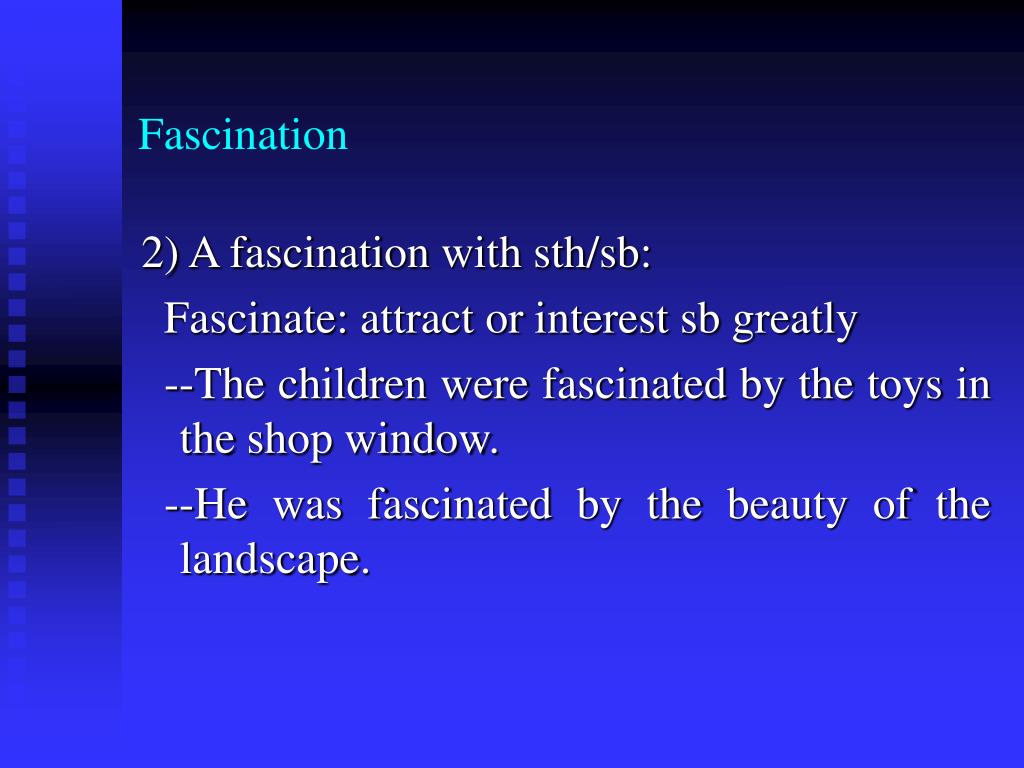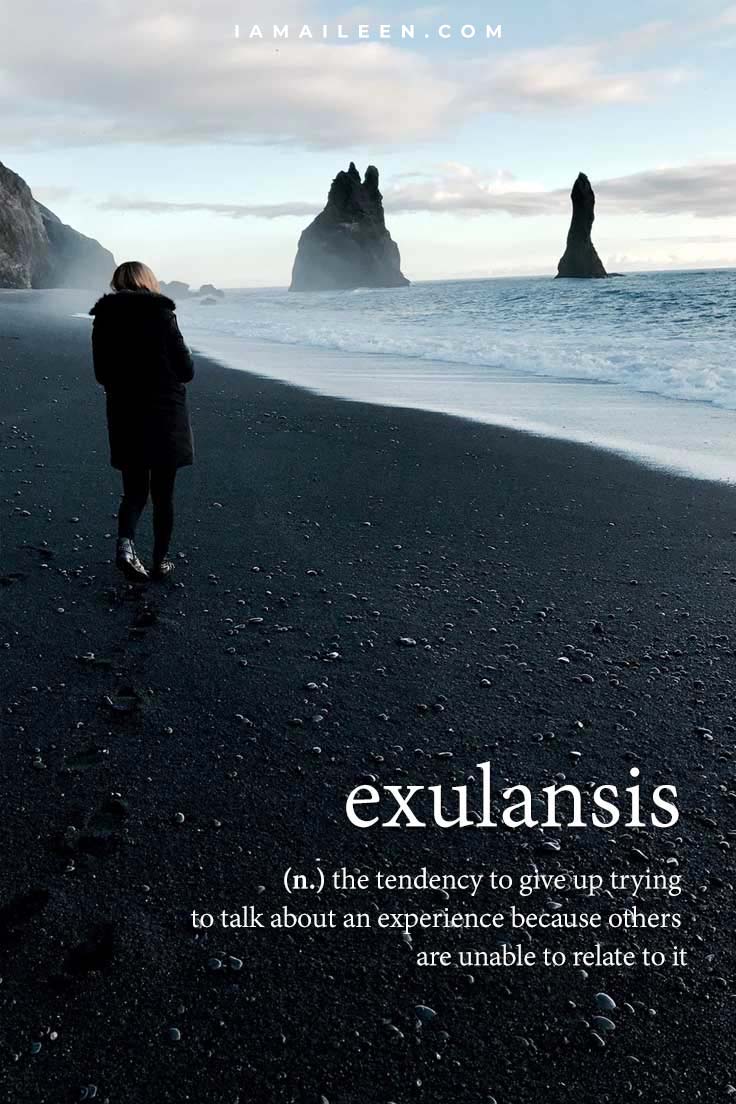Let me tell you something, friend—there’s a whole world of intrigue wrapped up in the word "fascinating." It’s more than just a buzzword or a filler phrase; it’s a linguistic treasure trove waiting to be explored. Whether you’re diving into its etymology, exploring its cultural significance, or simply trying to understand why it feels so… well, fascinating, this article has got you covered. So buckle up, because we’re about to embark on an intellectual adventure like no other.
You might think "fascinating" is just another adjective we toss around when something catches our attention. But there’s so much more to it than meets the eye. This word carries layers of meaning that can transform the way you perceive everything from art and science to human relationships. Ever wondered why people use "fascinating" to describe everything from quantum physics to celebrity gossip? Stick around, because we’re about to break it down for you in a way that’s both enlightening and entertaining.
Before we dive headfirst into the deep end, let’s set the stage. In today’s fast-paced world, where information overload is the norm, finding words that truly resonate is harder than ever. That’s where "fascinating" comes in. It’s not just a word—it’s a gateway to curiosity, a spark that ignites the desire to learn more. So whether you’re here to geek out over language or just want to impress your friends with your newfound knowledge, you’re in the right place.
Read also:15 Second Salt Trick For Men Unlock Your Hidden Potential
What Does Fascinating Really Mean?
Alright, let’s get down to business. The word "fascinating" originates from the Latin word "fascinare," which means "to enchant" or "to bewitch." Pretty cool, right? Back in the day, "fascinare" was often used in the context of magic and mysticism. People believed that certain objects, gestures, or even glances could cast a spell—literally fascinating someone into submission. Fast forward to modern times, and the meaning has evolved, but the essence remains the same: fascination is all about captivating someone’s interest and holding them spellbound.
Breaking Down the Etymology
Let’s take a closer look at the roots of this word. Etymology is like detective work for language enthusiasts, and the journey of "fascinating" is nothing short of mesmerizing. From ancient Roman rituals to medieval folklore, the concept of fascination has been intertwined with human culture for centuries. Here are a few highlights:
- Latin Roots: As mentioned earlier, "fascinare" was linked to enchantment and sorcery.
- Medieval Usage: During the Middle Ages, fascination became associated with charm and allure, often used in romantic poetry.
- Modern Interpretation: Today, "fascinating" is a versatile term that can describe anything from a groundbreaking scientific discovery to a captivating movie plot.
See what I mean? The evolution of this word is almost poetic in itself. And if you think about it, that’s kind of the point. Words have power, and "fascinating" is one of those rare gems that can make even the most mundane things feel extraordinary.
Why Do We Use Fascinating So Often?
Now that we’ve got the history lesson out of the way, let’s talk about why "fascinating" has become such a staple in our vocabulary. Think about it—when was the last time you used this word? Was it during a heated debate about space exploration? Or maybe while watching a particularly gripping episode of your favorite show? The truth is, "fascinating" is like a linguistic shortcut for expressing awe and admiration. It’s a word that transcends boundaries, connecting people across cultures and contexts.
The Psychology Behind Fascination
But why does this word resonate so deeply with us? According to psychologists, fascination is closely tied to curiosity and wonder. When something fascinates us, it triggers a flood of dopamine in our brains—the same chemical responsible for feelings of pleasure and reward. In other words, fascination is addictive. And who doesn’t love a good dopamine rush?
Here’s a fun fact: studies show that people are more likely to remember information that fascinates them. So if you’re looking to ace your next trivia night or impress your colleagues during a meeting, sprinkle some "fascinating" facts into the conversation. Trust me, it works like a charm.
Read also:Summer Baking Championship 2024 Where The Heat Meets The Sweet
How to Use Fascinating in Everyday Conversations
Alright, let’s get practical. Now that you know the backstory and psychological underpinnings of "fascinating," it’s time to put this knowledge to good use. Here’s how you can incorporate this word into your everyday conversations:
1. Elevate Your Vocabulary
Instead of saying something is "interesting" or "cool," try using "fascinating" instead. It adds a layer of sophistication to your speech without coming across as pretentious. For example:
- Instead of: "That documentary about space was pretty cool." Try: "That documentary about space was absolutely fascinating."
- Instead of: "The new exhibit at the museum is interesting." Try: "The new exhibit at the museum is utterly fascinating."
See the difference? It’s subtle, but it makes a big impact.
2. Add Depth to Your Descriptions
Descriptive language is key to making your conversations memorable. By using "fascinating," you can paint a vivid picture in the listener’s mind. For instance:
- Instead of: "The sunset was beautiful." Try: "The sunset was breathtakingly fascinating, with hues of orange and pink that seemed to dance across the sky."
- Instead of: "The book was okay." Try: "The book was a fascinating exploration of human nature that left me thinking long after I finished reading."
By adding a touch of fascination, you turn ordinary descriptions into extraordinary storytelling.
The Cultural Impact of Fascinating
Words don’t exist in a vacuum, and "fascinating" is no exception. Over the years, this word has seeped into various aspects of popular culture, leaving its mark on everything from literature to film. Let’s take a closer look at some examples:
1. In Literature
From Shakespeare to modern-day authors, writers have long been fascinated by the concept of fascination itself. Think about it—what drives characters like Hamlet or Elizabeth Bennet if not their insatiable curiosity? Books like "The Great Gatsby" and "Moby Dick" explore the idea of fascination in ways that continue to resonate with readers today.
2. In Film and Television
When it comes to visual media, fascination is the name of the game. Whether it’s the spellbinding visuals of "Avatar" or the mind-bending plot twists of "Inception," filmmakers know how to captivate their audiences. And let’s not forget the power of a well-placed "fascinating" in dialogue. Remember when Spock said, "Fascinating," in Star Trek? Iconic.
Exploring the Science of Fascination
But wait, there’s more! Fascination isn’t just a fluffy concept—it’s also a scientific phenomenon. Researchers have been studying the mechanics of fascination for years, and their findings are, well, fascinating. Here are a few key insights:
1. The Role of Attention
Fascination is all about capturing and sustaining attention. When something fascinates us, it holds our focus in a way that’s almost hypnotic. This is why advertisers and marketers often use the word "fascinating" in their campaigns—to grab your attention and keep it.
2. The Connection to Emotion
Emotions play a big role in fascination. Think about the last time you were truly fascinated by something. Chances are, you felt a rush of excitement, curiosity, or even awe. These emotions are what make fascination so powerful.
Common Misconceptions About Fascinating
Like any word, "fascinating" isn’t immune to misunderstandings. Here are a few common misconceptions people have about this term:
1. It’s Just a Fancy Word for "Interesting"
Wrong! While "fascinating" and "interesting" are related, they’re not interchangeable. "Interesting" implies mild curiosity, whereas "fascinating" conveys a deeper level of captivation.
2. Only Smart People Use It
Not true! Anyone can use "fascinating" in their daily conversations. It’s not a word reserved for intellectuals or academics. In fact, using it can make you sound more approachable and relatable.
How Fascinating Relates to Personal Growth
Here’s the kicker: fascination isn’t just a word—it’s a mindset. Embracing fascination can lead to personal growth in ways you might not expect. By cultivating a sense of curiosity and wonder, you open yourself up to new experiences and opportunities. And who knows? You might just discover something truly fascinating about yourself along the way.
Practical Tips for Cultivating Fascination
- Read widely and explore topics outside your comfort zone.
- Engage in conversations with people from different backgrounds.
- Keep a journal of things that fascinate you and revisit it regularly.
Small steps like these can lead to big changes in your perspective. So go ahead—let your fascination run wild!
Conclusion: Embrace the Fascination
Well, there you have it—a deep dive into the world of "fascinating." From its rich etymology to its cultural significance, this word is so much more than meets the eye. Whether you’re using it to elevate your vocabulary or exploring its scientific implications, one thing is clear: fascination is a force to be reckoned with.
So here’s my challenge to you: start paying attention to the things that fascinate you. Share your discoveries with others, and watch as the world becomes a little brighter and more captivating. And don’t forget to drop a comment below or share this article with your friends. After all, fascination is best enjoyed when it’s shared.
Table of Contents


